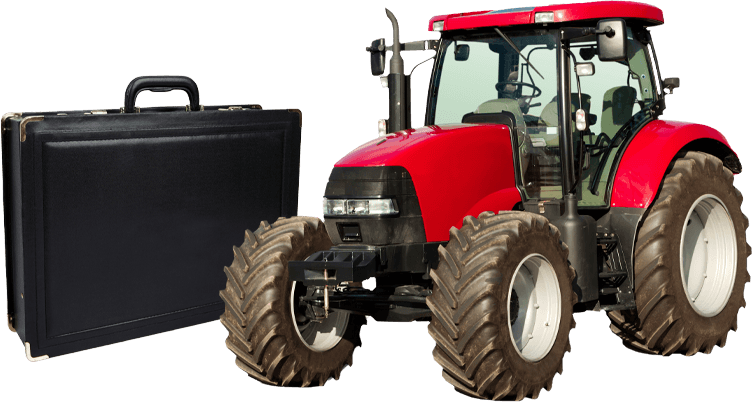QUOTE OR BUY A
POLICY IN ABOUT
3 MINUTES!
Commercial Auto Insurance
Some companies require employees to drive their own vehicles for business-related purposes. In this type of situation, the responsibility of properly insuring the vehicle falls on the vehicle owner’s shoulders. However, if your company owns commercial vehicles that you or your employees drive for business purposes, commercial auto insurance is essential. Most states have commercial vehicle insurance requirements, and these legal requirements for coverage may fluctuate based on the size and type of vehicles owned, how the vehicles are used, and more. Any business with a commercial vehicle should be aware of legal requirements and should monitor these requirements to ensure compliance if they change. Understand that some auto lenders may have additional insurance requirements that your company must comply with.

How Does It Work?
The legal requirement for commercial auto insurance usually includes a liability component. Liability insurance makes it easier for your company to take financial responsibility for damages that you or your team create on the road, and this financial responsibility is typically legally mandated. Auto lenders, on the other hand, are concerned about protecting the value of their loan’s collateral. Therefore, the primary lender requirement for coverage is for comprehensive or collision insurance. Collision benefits are paid only when the commercial vehicle is involved in an accident. Comprehensive benefits are paid for damages or a replacement for a much longer list of damaging events.
While these are the primary options for a commercial policy, other options are available. For example, some providers offer coverage for roadside assistance, towing benefits, and more. Before buying an auto insurance policy for your commercial vehicles, you need to understand the financial risks associated with owning and driving the vehicles. You also need to research all legal and lender requirements in place for your coverage. Be aware that some insurance providers may offer multiple types of discounts to help you save money on the premium for your coverage. For example, you may qualify for a discount if you insure a fleet of vehicles rather than just one business-use vehicle. Additional premium savings can be established if you opt for a higher deductible on your commercial car insurance policy.



